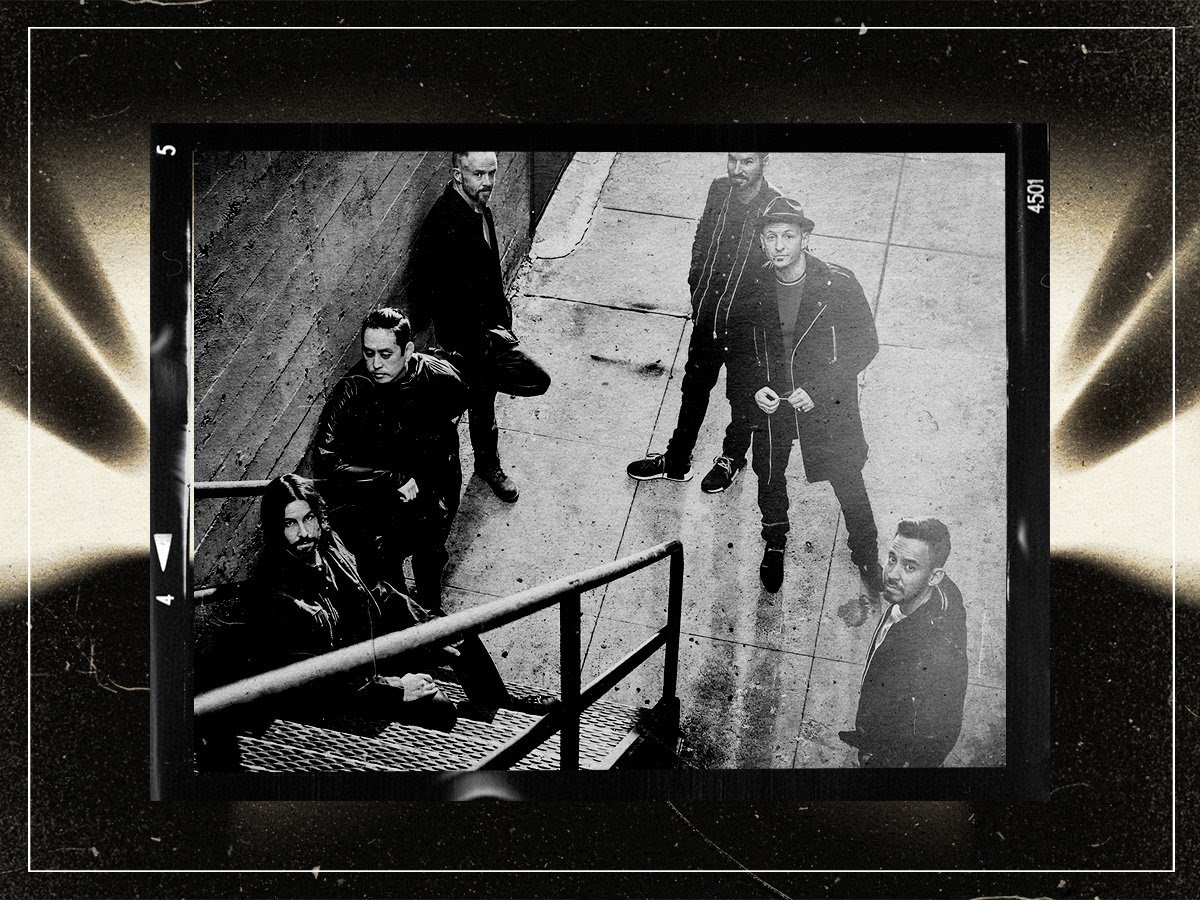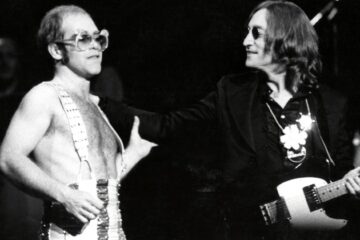Towards the end of the 2000s, Linkin Park could have been in real trouble. Having gone through some of their glory years as a part of the nu-metal scene, it was becoming clear that that genre of music had some severely diminishing returns, with artists like Hollywood Undead making a mockery of a genre that was usually fairly heavy. Although Linkin Park recovered from it nicely on Minutes to Midnight, no one expected what would come next.
Working with acclaimed producer Rick Rubin, Linkin Park wanted to make something much more far-reaching than anything that had come before. With a concept draped around the threat of nuclear war, the nu-metal giants wanted to reach for the same big leagues that prog rock bands like Pink Floyd had, including limiting some of their usual instruments.
Vocalist Mike Shinoda was also adamant that this would not be the same version of the band that most had grown up with. When doing press for the album, Shinoda talked about creating a distinct sound than anyone else in the scene, telling Billboard, “It’s not going to be Hybrid Theory. It’s not going to be Minutes to Midnight. And if we do it right, it’ll have a cutting-edge sound that defines itself as an individual record separate from anything else that’s out there.”
Coming from the same band that made some of the most aggro metal hits of their time, like ‘In the End’ and ‘Somewhere I Belong’, there is hardly any crunchy guitar to speak of on the album, being replaced with atmospheric interludes that often put listeners in the headspace of being in the middle of a nuclear blast. The message was clear: these guys would not be delivering ‘Faint’ all over again.
While the band may have ridden the wave of success on songs like ‘The Catalyst’ and ‘Waiting for the End’, fans that fell on the metallic side of their sound were pissed. Despite the songs being well-crafted, there were hardly any riffs to speak of, with the original consensus focusing on the embrace of electronics on songs like ‘Wretches and Kings’ and ‘Blackout’. Although fans might not have been ready, Linkin Park was on the cusp of something revolutionary without even knowing it.
With Joe Hahn manning the production on most of the album, each song is draped in a post-apocalyptic haze, as different sound bites come in and out of the mix. Although most of the album revolves around the band’s knack for crafting songs, some of the most effective lines come from the interludes, with the voice of Oppenheimer intoning his reaction to building the nuclear bomb.
Even though Linkin Park fans either loved or hated the album, the effects of it wouldn’t be seen until a few years later. In the meantime, acts like Bring Me the Horizon have taken a similar approach when making their ambitious albums, crafting records like Sempiternal with an equally ambitious scope. That mindset has also bled into the heavier fare, with I Prevail practically taking their entire mainstream sound from this album directly.
Considering where many bands were going after their introduction to this album, Linkin Park proved to be ahead of the curve in bringing together rock and electronics. And what is all over rock and pop radio these days? Imagine Dragons, with a sound that feels like the song ‘Waiting For The End’ was copied and pasted repeatedly for radio play.
Granted, this kind of pivot wasn’t something that Linkin Park was looking to stay in for long. On their subsequent albums, the band continued to push their sounds into unique directions, either getting heavier on The Hunting Party or turning away from rock altogether on their final album, One More Light.
Regardless of its reputation at the time, A Thousand Suns is an album deserving of respect, documenting Linkin Park’s journey out of the nu-metal doldrums and making something incredibly new. Even in pop culture, the album’s themes are still fresh in everyone’s minds, with that quote from Oppenheimer being just as relevant with the Christopher Nolan adaptation on the horizon. Like it or not, we all live in a world that A Thousand Suns helped birth.



